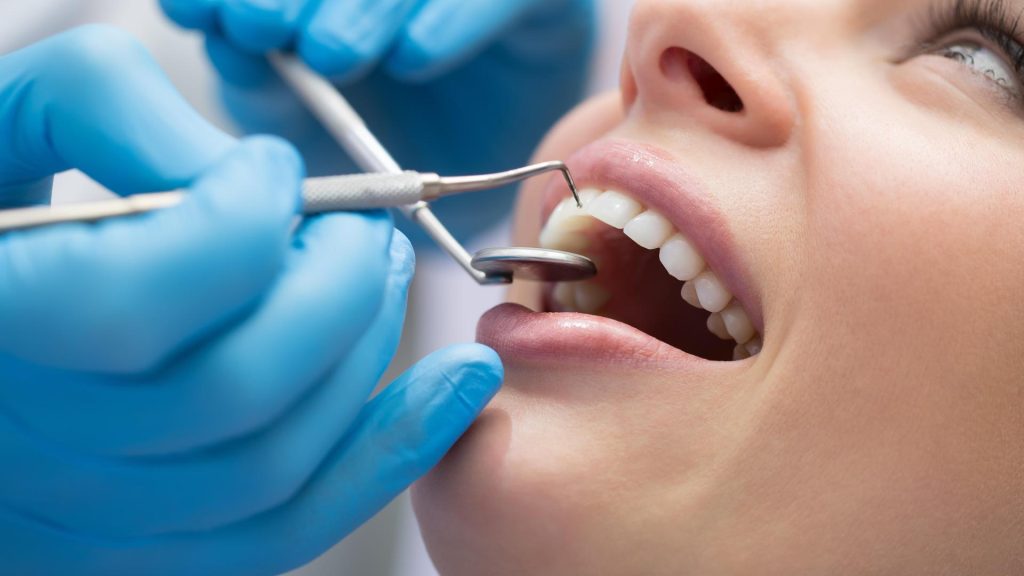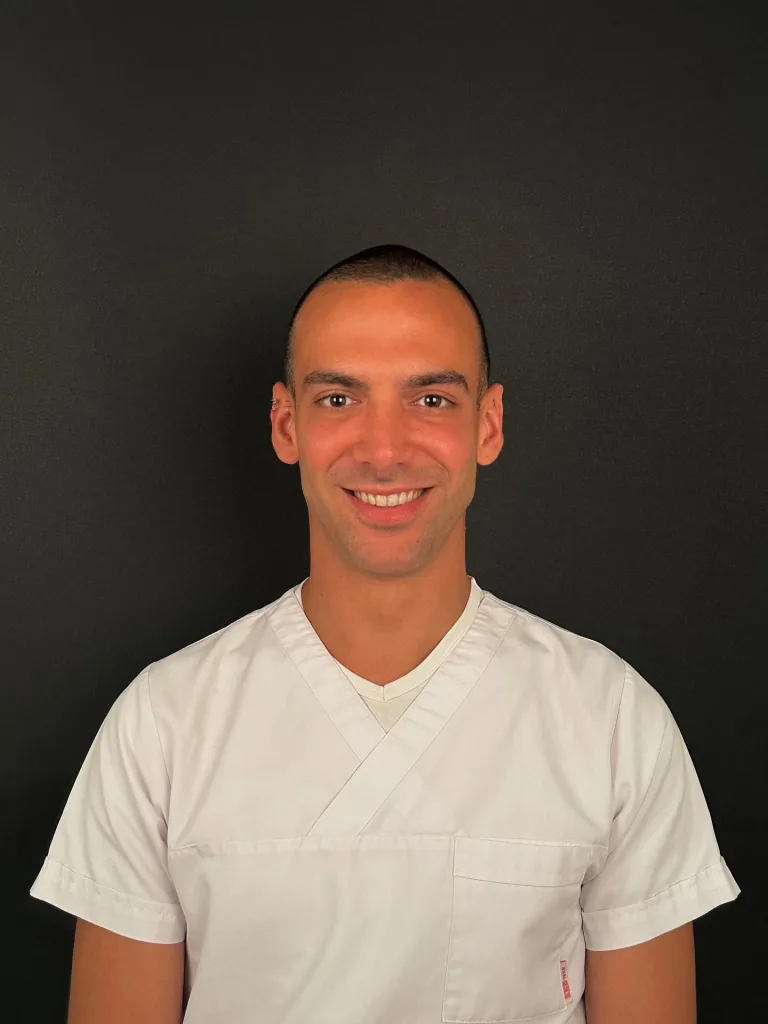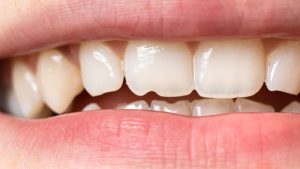Charcoal toothpaste has gained significant popularity in recent years, with many people turning to it in the hopes of achieving whiter teeth and improved oral health. Charcoal, often activated charcoal, is known for its absorbent properties, which are believed to help remove stains and toxins. However, while there are many benefits to charcoal toothpaste, there are also potential drawbacks that should not be overlooked. In this article, we will explore the pros and cons of charcoal toothpaste, helping you make an informed decision about whether it’s the right choice for your oral care routine.
What is Charcoal Toothpaste?
Charcoal toothpaste contains activated charcoal, a form of carbon that has been treated to make it highly porous. This porous texture is what gives charcoal its powerful absorbing properties. When used in toothpaste, charcoal is believed to help remove surface stains from teeth and neutralize harmful bacteria in the mouth.
How Does Charcoal Toothpaste Work?
The primary action of charcoal toothpaste is its ability to adsorb substances, meaning it can attract and trap particles like stains and toxins. Many charcoal toothpaste formulas contain fine charcoal powder, which gently polishes the teeth and scrubs away surface stains caused by food, drinks, and smoking. The idea is that the porous nature of the charcoal helps lift these particles away, leaving teeth looking whiter and cleaner.
The Pros of Charcoal Toothpaste
Charcoal toothpaste has several potential benefits, making it an appealing choice for those looking to improve their oral hygiene routine. Here are some of the main advantages of using charcoal toothpaste:
1. Natural Teeth Whitening
One of the most significant selling points of charcoal toothpaste is its ability to whiten teeth. The abrasive nature of charcoal helps remove surface stains, particularly those caused by coffee, tea, red wine, and smoking. Many people report seeing noticeable results in the appearance of their teeth after using charcoal toothpaste consistently. For professional whitening options, consider dental treatments that are tailored to your needs.
2. Bacteria and Toxin Removal
Charcoal has natural detoxifying properties, which can help remove harmful bacteria and toxins from the mouth. By absorbing these substances, charcoal toothpaste may contribute to fresher breath and reduce the buildup of plaque, which can lead to gum disease and tooth decay. For more advanced gum care, explore our periodontal treatments.
3. Gentle on the Teeth
Despite its abrasive nature, activated charcoal is considered relatively gentle on teeth compared to some other whitening methods, such as bleaching agents. This makes it an attractive option for people who want to avoid harsh chemicals while still achieving cleaner, whiter teeth.
4. Reduces Bad Breath
The absorbent properties of charcoal also help neutralize bad breath by trapping the particles that contribute to odors. Many users find that charcoal toothpaste leaves their mouth feeling fresh and clean, with less lingering odor compared to traditional toothpaste.
5. Affordable Option
Charcoal toothpaste is often more affordable than professional teeth whitening treatments, making it an attractive option for people looking for a budget-friendly way to whiten their teeth at home. Many over-the-counter charcoal toothpaste products are available at a variety of price points, so there’s an option for almost every budget.

The Cons of Charcoal Toothpaste
While charcoal toothpaste has several potential benefits, it’s essential to consider the potential downsides before incorporating it into your daily oral care routine. Here are some of the disadvantages of charcoal toothpaste:
1. Abrasive Properties
While charcoal’s abrasive nature helps remove stains, it can also be too harsh on tooth enamel if used excessively. Over time, the abrasiveness can wear down enamel, making teeth more susceptible to sensitivity and decay. It’s essential to use charcoal toothpaste in moderation and follow the manufacturer’s recommendations to prevent enamel damage.
2. Lack of Fluoride
Many charcoal toothpaste products do not contain fluoride, which is essential for protecting teeth against cavities and strengthening enamel. Fluoride helps remineralize the tooth enamel, making it more resistant to decay. Without fluoride, charcoal toothpaste may not provide the same level of protection against cavities as traditional fluoride toothpaste.
3. Potential for Mess
Activated charcoal powder is fine and can be messy to work with. When using charcoal toothpaste, you may find that the dark powder can stain your clothes, sink, and even your toothbrush. It’s essential to take care when using charcoal toothpaste to avoid creating a mess.
4. Lack of Long-Term Research
Although charcoal toothpaste has been used for centuries in various forms, there is limited long-term research on its effectiveness and safety for oral health. Most of the studies conducted on charcoal toothpaste are short-term, so there is insufficient data to determine whether long-term use is safe or effective.
5. Not Suitable for All Individuals
Charcoal toothpaste may not be suitable for everyone. People with sensitive teeth, gum disease, or those with exposed tooth roots may experience discomfort or irritation from the abrasiveness of charcoal. It’s always best to consult with your dentist before switching to charcoal toothpaste, especially if you have underlying dental issues. For personalized advice, consider scheduling a dental checkup.

How to Use Charcoal Toothpaste Safely
If you decide to give charcoal toothpaste a try, it’s essential to use it safely to avoid any potential harm to your teeth and gums. Here are some tips for using charcoal toothpaste:
1. Use Moderately
Due to the abrasive nature of charcoal, it’s important not to overuse it. Use charcoal toothpaste no more than 2–3 times per week to avoid damaging your enamel. It should not replace your regular toothpaste but rather complement your oral hygiene routine.
2. Look for Fluoride-Containing Charcoal Toothpaste
If you’re concerned about the lack of fluoride in charcoal toothpaste, look for options that contain fluoride in addition to activated charcoal. This way, you can enjoy the benefits of charcoal while still receiving cavity protection from fluoride.
3. Be Cautious with Sensitive Teeth
If you have sensitive teeth or gums, it may be a good idea to avoid charcoal toothpaste or consult with your dentist before using it. The abrasiveness of charcoal may exacerbate sensitivity, leading to discomfort and irritation.
4. Brush Gently
When using charcoal toothpaste, be sure to brush gently. The charcoal’s abrasive properties can be damaging if applied with too much force, so a light touch is essential to protect your enamel.
Conclusion: Is Charcoal Toothpaste Right for You?
Charcoal toothpaste can be a helpful addition to your oral care routine, particularly if you are looking for a natural way to whiten your teeth and neutralize bad breath. However, it’s essential to use it carefully and be aware of the potential drawbacks, such as enamel wear and the lack of fluoride. If you choose to use charcoal toothpaste, make sure to do so in moderation and consult your dentist if you have concerns about your oral health.
If you’re looking for a professional evaluation of your oral health, contact Genç Dental for a consultation. Our team of experienced dental professionals can provide personalized recommendations for maintaining a bright, healthy smile while considering all aspects of your oral health. Visit our contact page to book your appointment today.










